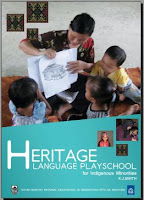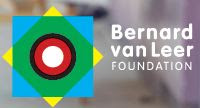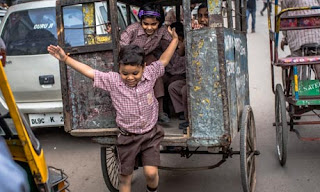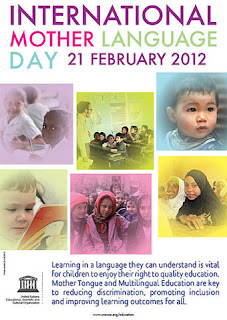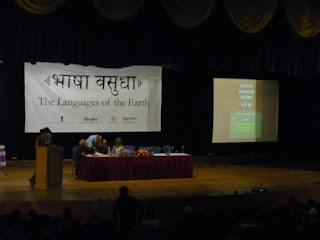[MLE] A positive newspaper article on MLE pilot projects in Assam

Dear multilingual education friends, In Assam some good pilots are going on and the press has found them. Last week the attached article appeared in a newspaper in Assam. Interestingly the article highlights that from the boy they feature his English has become better. It seems that is an important point for advocacy because it is English that the society values most. A quote: "Kisun, however, is an exception. He is the only one in the family who attends an Adivasiya school and can read and write English" "'Earlier when I was studying in the LP school in the village, I could not understand English or follow any of my lessons. However, after coming to Adivasiya school, I can read and write English to some extent. I have also learned my own language better now.'" The article then continues to explain more about the school, the pilot project and the brother MLE efforts in the country an



